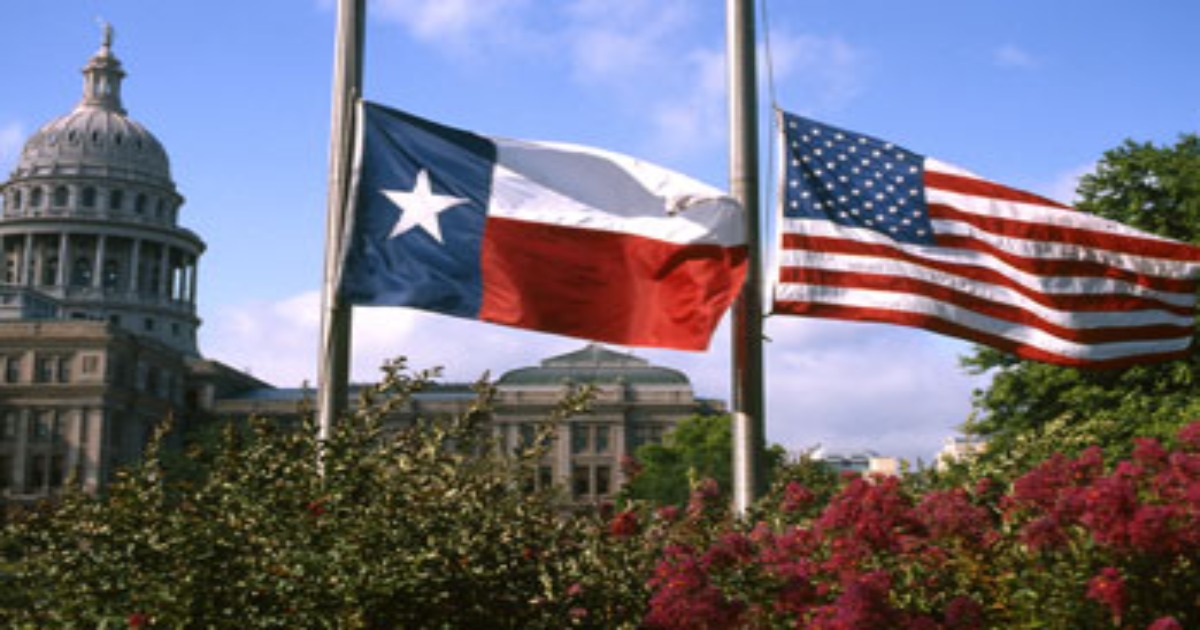Wall Street and Main Street could not be further apart than they are right now, and JP Morgan Chase CEO Jamie Dimon continues to demonstrate exactly how wide the gap has become. Speaking to JPM investors on Tuesday, Dimon bragged “This bank is anti-fragile, we actually benefit from downturns.” The sad thing is that Dimon’s comments are true.
During the mortgage meltdown, Main Street was among the hardest hit. Millions of American lost their homes to foreclosure. Countless investors saw their retirement savings evaporate in what seemed like the blind of an eye. All the while, JP Morgan Chase was given about $25,000,000,000.00 in TARP funds (that’s $25 Billion if you have trouble counting the zeros) in a low interest government subsidy. It’s very difficult for JP Morgan Chase to not do well in a downturn when it was handed this much money.
Make no mistake about it, Wall Street banks do just fine when the rest of the country is facing financial woes. However, while Wall Street can take advantage of market downturns, the average American investor is not so lucky. According to Peter Mougey, Head of the Securities Department at Levin Papantonio, “Dimon’s statements only highlight the chasm between how individual investors and pension funds lose billions, while Wall Street banks benefit, in tough financial times.” The last couple years are a prime example of how well Wall Street CEOs are doing in the aftermath of the financial bailouts. Since TARP was passed at the end of 2008, the following is Jamie Dimon’s year by year bonuses:
2009 – $17 Million
2010 – $20.8 Million
2011 – $21.5 Million
In 2012, Dimon suffered a “difficult” setback when his bonus was cut down to a mere $11.5 Million. You see, in 2012, the “London Whale” lost JP Morgan’s shareholders $6.2 Billion on a derivative position gone terribly wrong. Former regulators have called the loss “foolish” and “incomprehensible.” Following the release by JPM in January of two reports that detailed what went wrong to allow such a huge loss on a trading bet, the biggest question was why did JP Morgan decide to conduct the review itself. “It’s incomprehensible to me that they did these reports internally, said Harvey Pitt, a former chairman of the Securities and Exchange Commission, “It’s like asking Joe Paterno to do the Penn State investigation instead of [former FBI director] Louis Freeh.”
Despite these problems and the additional scrutiny, Jamie Dimon has made over $60 Million in bonuses during the years following the financial bailouts. Dimon is right, in tough economic times, Wall Street and its CEOs do just fine.
James L. Kauffman is an associate attorney with the Pensacola, Florida, law firm of Levin, Papantonio, Thomas, Mitchell, Rafferty, & Proctor. He is a member of the Business Torts Department and his practice focuses primarily upon representing individuals and entities seeking financial recovery for losses suffered from securities fraud.

